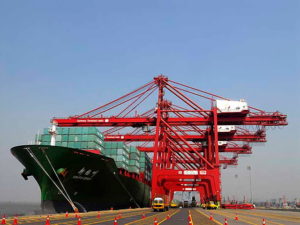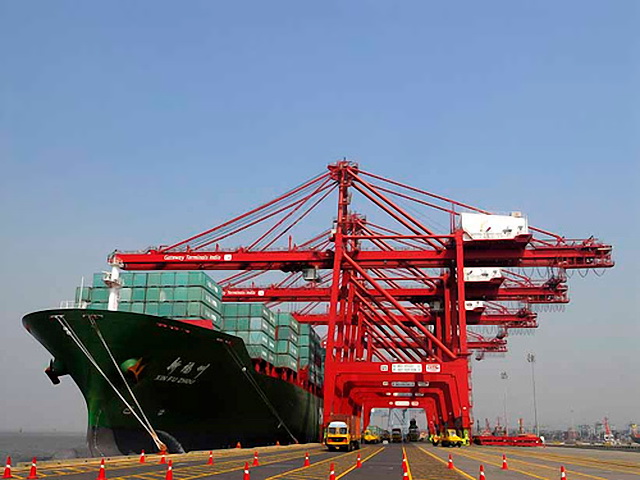 Fair competition, anti-trust immunity, and the global sulfur cap are some of the most pressing concerns of Asian shipowners for this year, according to the Association of Shipowners’ Association (ASA).
Fair competition, anti-trust immunity, and the global sulfur cap are some of the most pressing concerns of Asian shipowners for this year, according to the Association of Shipowners’ Association (ASA).
At the meeting of the ASA Shipping Economics Review Committee (SERC) earlier this month, the association reconfirmed its support for the anti-trust immunity system for cooperative carrier shipping agreements, such as vessel sharing agreements and voluntary discussion agreements. It said anti-trust exemptions for liner shipping agreements are “indispensable for healthy development of the liner shipping industry and the maintenance of reliable service to the entire trading industry.”
“The unfortunate demise of Hanjin Shipping, with adverse effects on the movement of cargoes and vessel and port operations globally, is an important reminder about the need for these cooperative mechanisms to mitigate the effects of today’s ultra-competitive shipping markets,” ASA SERC said in a statement.
The association also discussed how best to ensure continued input and support from all concerned liner companies on Asian competition law and similar policy developments impacting the liner industry.
There are also concerns arising from the implementation of the International Maritime Organization’s regulation for ships to use fuel oil with sulfur content of no more than 0.5% from January 2020. Attendees said it is important to ensure a supply system for sufficient quantities of compliant marine fuel oil in order for carriers to comply with the new regulation and avoid disrupting international cargo flow.
Another major topic for ASA members is the need for continued support for further expanding free trade agreements globally to ensure an environment of fair competition in global shipping markets.
Also tackled were the recent trends in corrupt practices affecting the maritime industry. “It was reiterated that bribery, facilitation payments, and other forms of corruption had been long-standing, rooted obstacles to fair trade for shipping companies,” the statement said.
Recent Suez and Panama Canal developments were also reported. Delegates called for establishing a regular dialogue mechanism between canal authorities and canal users in order to ensure a safe transit environment and “prevent recurrence of excessive and short-notice Canal toll increases in a non-transparent manner.”
Meanwhile, looking at the months ahead, the ASA forecasts that the global economy in general is set to“continue its moderate growth, but this could be undermined by various political uncertainties such as new U.S. administration and Brexit.”
On the industry’s prospects, it foresees that “shipping companies would be still stuck in continuous sluggish markets in most sectors in 2017, but that there were some positive signs for improving markets in the future such as indications of a gradually narrowing gap between supply and demand.”
The meeting was attended by 21 delegates from ASA member associations of ASEAN, China, Taiwan, Hong Kong, Japan, and South Korea.
The ASA SERC is a forum for senior executives of Asian shipping lines to review macroeconomic trade information, major trade developments, and regulatory policies as they relate to shipping and trade.
Photo: Jaxer





